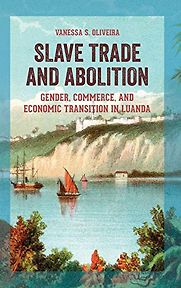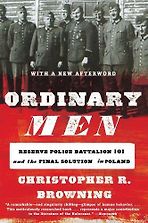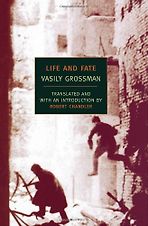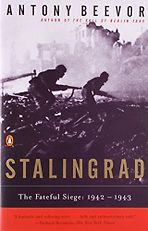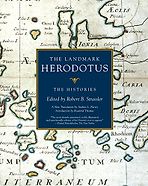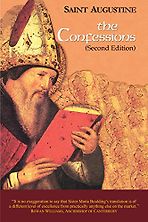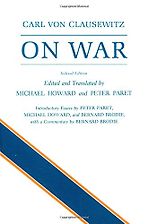Recommendations from our site
“Vanessa Oliveira’s book centres on women as commercial agents and cultural brokers in Luanda during the 19th century. While Heywood focused on political leaders, Oliveira centred her analysis on powerful economic actors, such as the donas, who had an active role in the transatlantic slave trade…Oliveira demonstrates that African women were important economic agents during the era of the slave trade, but also played a crucial role in the establishment of cash crop economies…Oliveira examined the case of individuals, such as Ana Joaquina Santos Silva, who looked for creative ways to continue exploiting enslaved labour locally. These donas, similarly to their counterparts in other African ports, were not abolitionist. They did not question the morality of the slave trade. In fact, they were committed to perpetuating violence and profiting from the sale of human beings. And, when the anti-slave trade agenda arrived in Angola in the 1830s, these merchants tried to figure out ways to make sure that they continued to participate in a global economy and that their personal fortunes did not dwindle. Oliveira shows that Luanda’s economy and society were dependent on the internal slave trade, and turned, in the 1830s, to an economy exploiting enslaved people locally. Oliveira examines the role of women merchants in the contraband and human trafficking in the 1830-1860 decades, as well as their investment in new plantations, including of sugar cane, palm oil, and coffee heavily dependent on enslaved labour.” Read more...
The best books on The History of Angola (pre-20th century)
Mariana Candido, Historian
Our most recommended books
-

Ordinary Men: Reserve Police Battalion 101 and the Final Solution in Poland
by Christopher Browning -

Life and Fate
by Vasily Grossman and translated by Robert Chandler -

Stalingrad
by Antony Beevor -

Histories
by Herodotus -

The Confessions
by Augustine (translated by Maria Boulding) -

On War
by Carl von Clausewitz
